
August 9 2023
4 min read

May
Companies often rely solely on project managers to shoulder the responsibilities of an entire project. While that works for smaller projects, bigger projects with higher stakes need distinct roles for different tasks. Top organizations employ functional managers to work in coordination with project managers to set projects up for success.
If you are getting familiar with these roles, you need to understand the differences between project management and functional management. Here’s a snapshot:
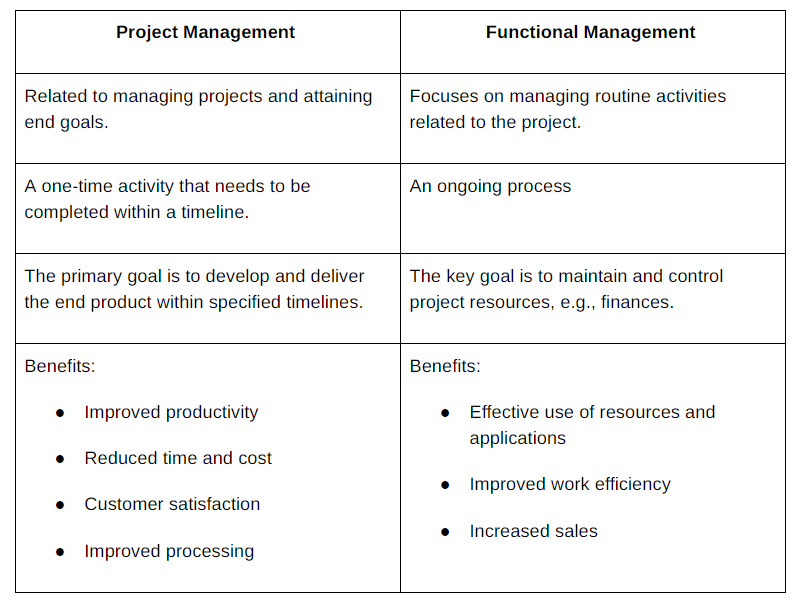
Functional managers take care of the performance of a particular function within an organization. They usually oversee teams where the members specialize in the same domain, e.g., marketing, human resources, finance, etc. Typically, they are people-focused and keep tabs on what resources are available. Functional managers develop goals and strategies to help teams improve their efficiency and performance.
A project manager leads and drives a project. They ensure the team members follow and adhere to project deadlines, schedules, budgets, and other requirements. Project managers ensure the deliverables align with the needs of the top management and stakeholders. They decide the critical parameters of the project and work in close coordination with clients and stakeholders to deliver quality output within stipulated timelines.
The duties of a functional manager vary from one project to another. The general responsibilities include the following:
Sharing domain knowledge with the team members
Advising teams on projects and sharing useful input
Collecting cost and budget details from project managers
Addressing issues that hinder the progress of the project
Identifying resource priorities and allocating resources accordingly
Creating learning opportunities for team members
Delegating responsibilities based on the skills of individual team members
Creating master schedules for the employees
Discussing changes that may affect the project with the project manager
Identifying and acting upon opportunities to reduce costs
Carry out risk analysis for projects
Analyzing data from previous years or earlier projects to determine the requirement of resources.
Here are the key roles and responsibilities of a project manager:
Finalizing project goals with the higher management, stakeholders, and clients
Mapping projects to overarching strategic goals of the organization
Identifying and materializing project benefits
Spearheading and managing the project team
Engaging with stakeholders to understand and manage their expectations
Listing down project requirements (e.g., materials and supplies needed) and creating detailed project plans
Delegating essential tasks to speed up project execution
Running quality checks from time to time to see if the project expectations are met
Estimating project costs and deciding timelines
Related Article: How does a day in the life of a project manager look?
To be successful in their roles, functional managers must demonstrate the following skills:
Good communication: Functional managers should possess excellent written and verbal communication skills. This enables them to easily relay important information to clients, stakeholders, and team members.
Critical thinking: This means one should be able to assess situations and determine the outcomes effectively. Functional managers need this attribute to pursue the best options in any situation.
Conflict resolution: As leaders of project teams, functional managers must address conflicts with adequate knowledge and experience. They should address issues to prevent similar issues in the future.
Leadership skills: Needless to say, leading projects would be impossible without the best leadership abilities. Functional managers need to be efficient leaders to coordinate between team members and drive projects to success.
Problem-solving skills: Functional managers must decide the best solutions for different types of problems. For instance, they may need to decide how to accomplish a certain job using the best resources and the available budget. This mandates excellent problem-solving skills to ensure success.
Finance management: It is crucial for functional managers to have knowledge of cost-efficient strategies to stick to project budgets. Having excellent finance management skills ensures they can allocate resources effectively and reduce project costs.
Time management: Functional managers create project timelines and maintain schedules. They must have excellent time management skills to ensure the team members meet deadlines.
Project managers materialize project ideas. They are entrusted with managing people, resources, and processes. This mandates a few essential skills:
Planning, organizing, and forecasting: Project managers need to have a deep understanding of the project’s long- and short-term goals. They should also take stock of potential risks and challenges and have contingency plans.
Understanding of project management methodologies: Real-time experience with different methodologies puts you in a better position to decide which methodology suits each project.
Monitoring and tracking: Project managers must closely monitor project timelines, deliverables, and critical milestones. They should also be aware of the project-related risks so they can take necessary action.
Facilitation skills: The key to becoming a successful project manager is your ability to facilitate meetings. Your meetings should be focused, practical, and in line with the agenda.
Project scheduling & budgeting: These count as two core skills in project management. Effectively creating and managing a project schedule has much to do with the project’s success. You should be proficient with top project management software (e.g., JIRA) to save your organization valuable time and money.
Risk management: Minimizing risks that could impact project results is one of the core project management skills. Effectively managing your risks ensures that your project runs well and produces quality outcomes. Select from various risk management tools that can drive your project to success.
Communication skills: Project Managers should be excellent communicators. Efficient communication makes it easier for team members to understand their roles and deliverables better.
Leadership skills: Project managers are leaders first. Leadership skills are a business imperative to communicate the project goals and vision to teams and address conflicts if required.
Team and task management: An efficient project manager knows the skill sets of each team member and allocates tasks accordingly. There are many team management software like ClickUp, Asana, and Yammer that can be helpful in this regard.
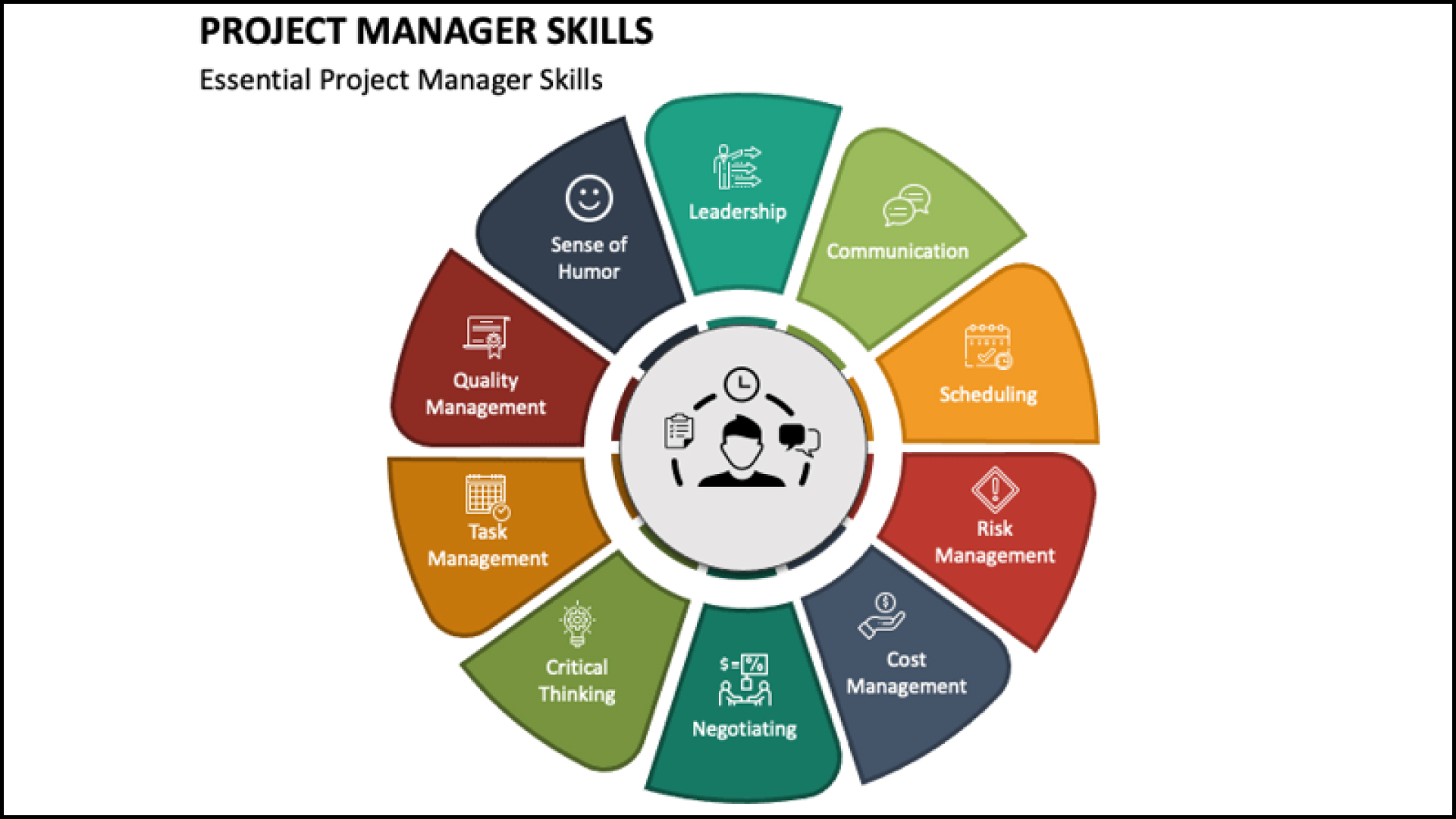
The typical salary bracket of a functional manager is $62304-72617. The average functional manager’s salary is $68,489.
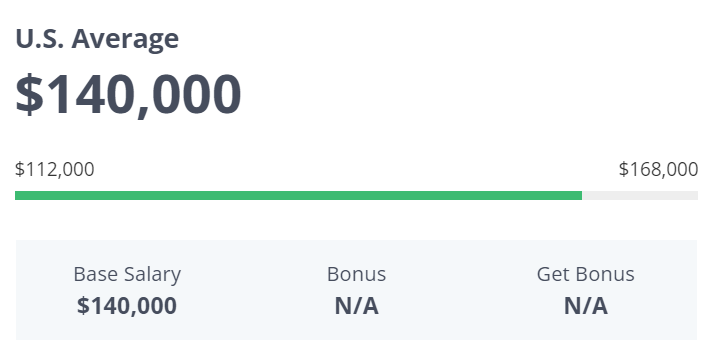
The table below shows the salaries of functional managers in different countries (Source: payscale.com):
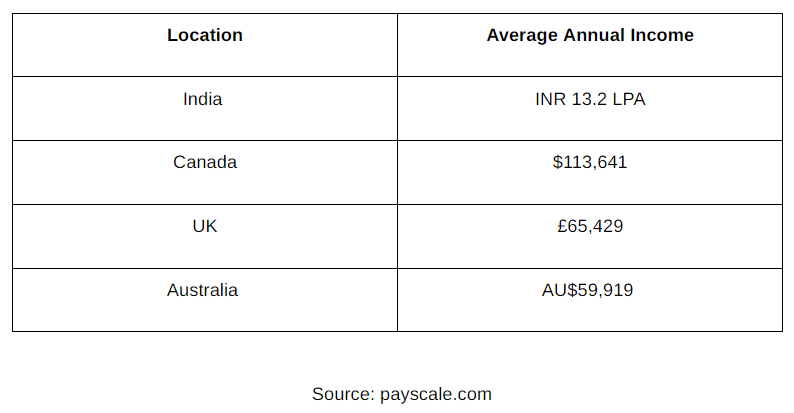
There are multiple factors determining the salary of a project manager. Let’s take a look:
Experience & role: Project managers with 1-4 years of industry experience earn about $74,000 annually. The average annual salary of project managers with 10-19 years of experience is $85,000.
Company type and size: The average annual salaries of project managers vary in small, mid-size, and larger companies. Presenting a list of project manager salaries in top companies (Source: Indeed, Glassdoor):
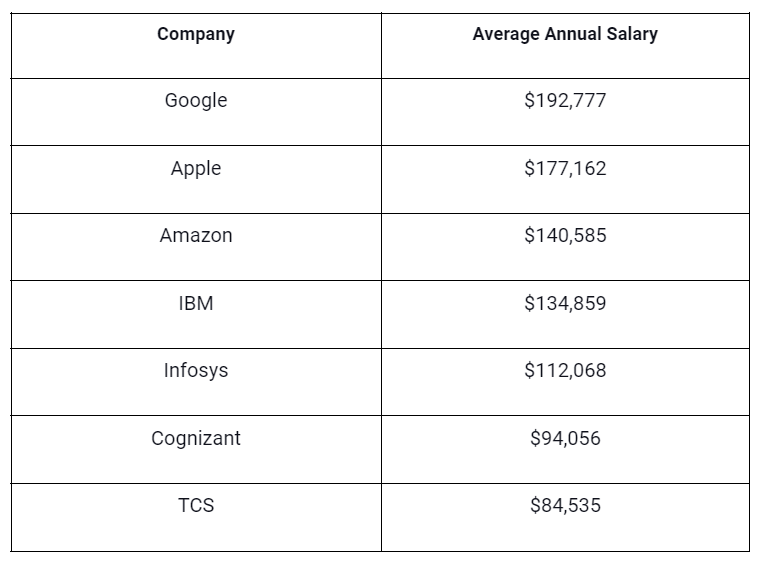
Domain & skill-set: Technical proficiency is a key factor impacting the salaries of project managers.

Certifications: Certified project managers always have a competitive edge over their peers. For example, being PMP-certified allows project managers to earn 22% more than their non-certified peers. A project management certification also improves chances of promotion and progress in the same job.
Location: The city or country your job is based has a major role to play in your salary as a project manager. The following table explains further:
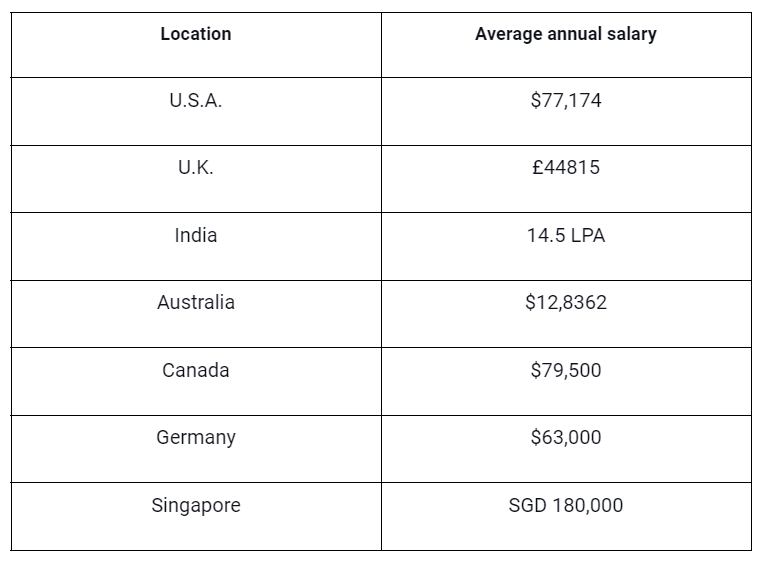
Functional managers and project managers are equally important cogs in the wheel of management in organizations. The role you opt for depends on your skills and career choices.
Join the ranks of top project management professionals with Edbrick today. Browse our courses and talk to our experts now.

August 9 2023
4 min read

July 18 2023
6 min read

June 19 2023
8 min read

June 12 2023
5 min read